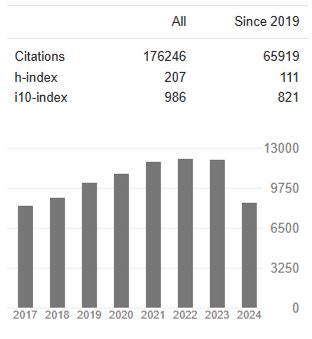Identifying Australian Policy Makers Perceptions of EHealth Interventions for Smoking Cessation: Cross Sectional Study
Abstract
Alaa Subahe, Philip Baker, Julie-Anne Carroll
Background: The increasing volume of research on electronic health (eHealth) smoking cessation interventions presents a challenge for policymakers and service providers when they try to decide which strategies to select for health promotion programs. This study aimed to explore the perceptions of Australian policymakers and service providers regarding the effectiveness and quality of eHealth and mHealth interventions for smoking cessation against the evidence in a recent systematic review.
Methods: This cross-sectional study invited 38 Australian public health policymakers and service providers in smoking cessation to participate in an online survey assessing their knowledge of the current available evidence-base. Descriptive statistics were used to determine the results of the survey against the published review.
Results: Eighteen participants completed the survey. Comparison identified that the majority of participants failed to correctly identify the effects and the quality of the evidence of popular smoking cessation interventions. They lacked knowledge of the usefulness and quality of some eHealth and mHealth interventions for smoking cessation.
Conclusions: The finding of this study indicates that the prior perceptions and beliefs held by Australian policymakers and service providers about the effects of eHealth and mHealth interventions for smoking cessation are significantly detached enough from the evidence-base to affect the provision of effective interventions to smokers who want to quit. This has potentially widespread implications for improving health promotion and communication between policymakers, service providers, and the current smoking population.




